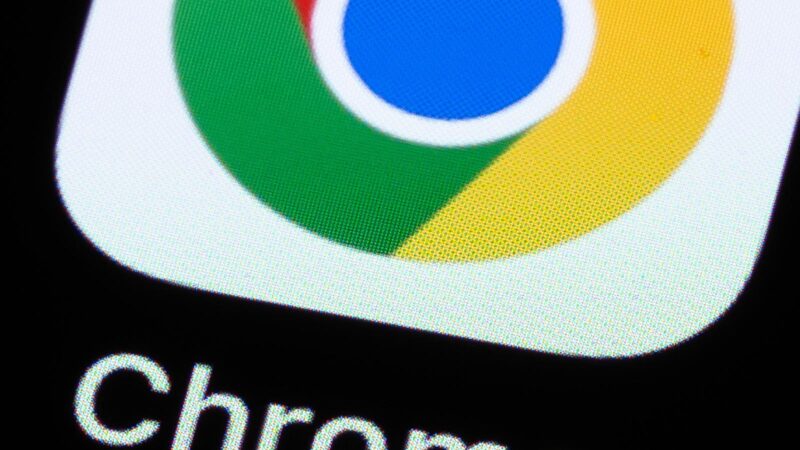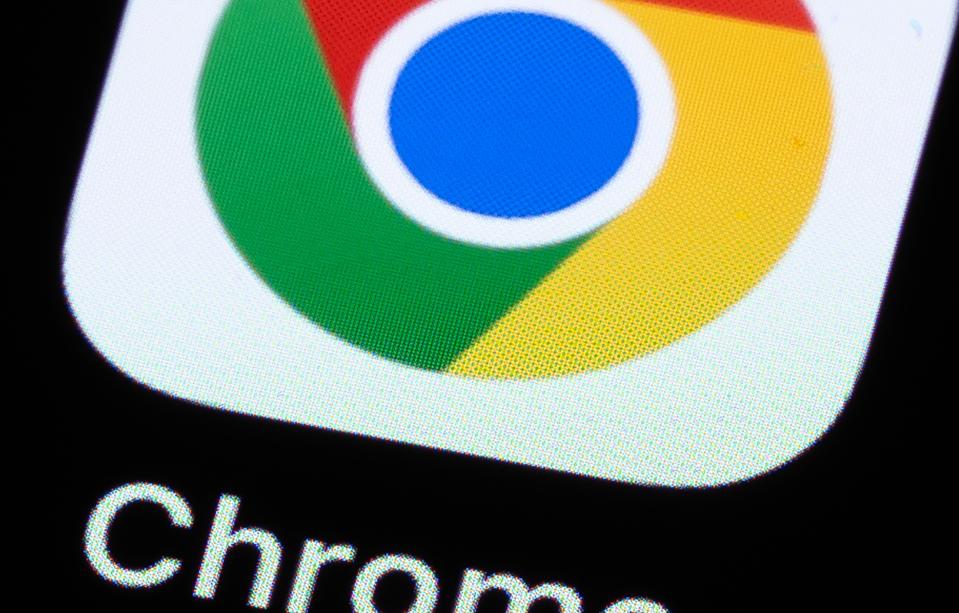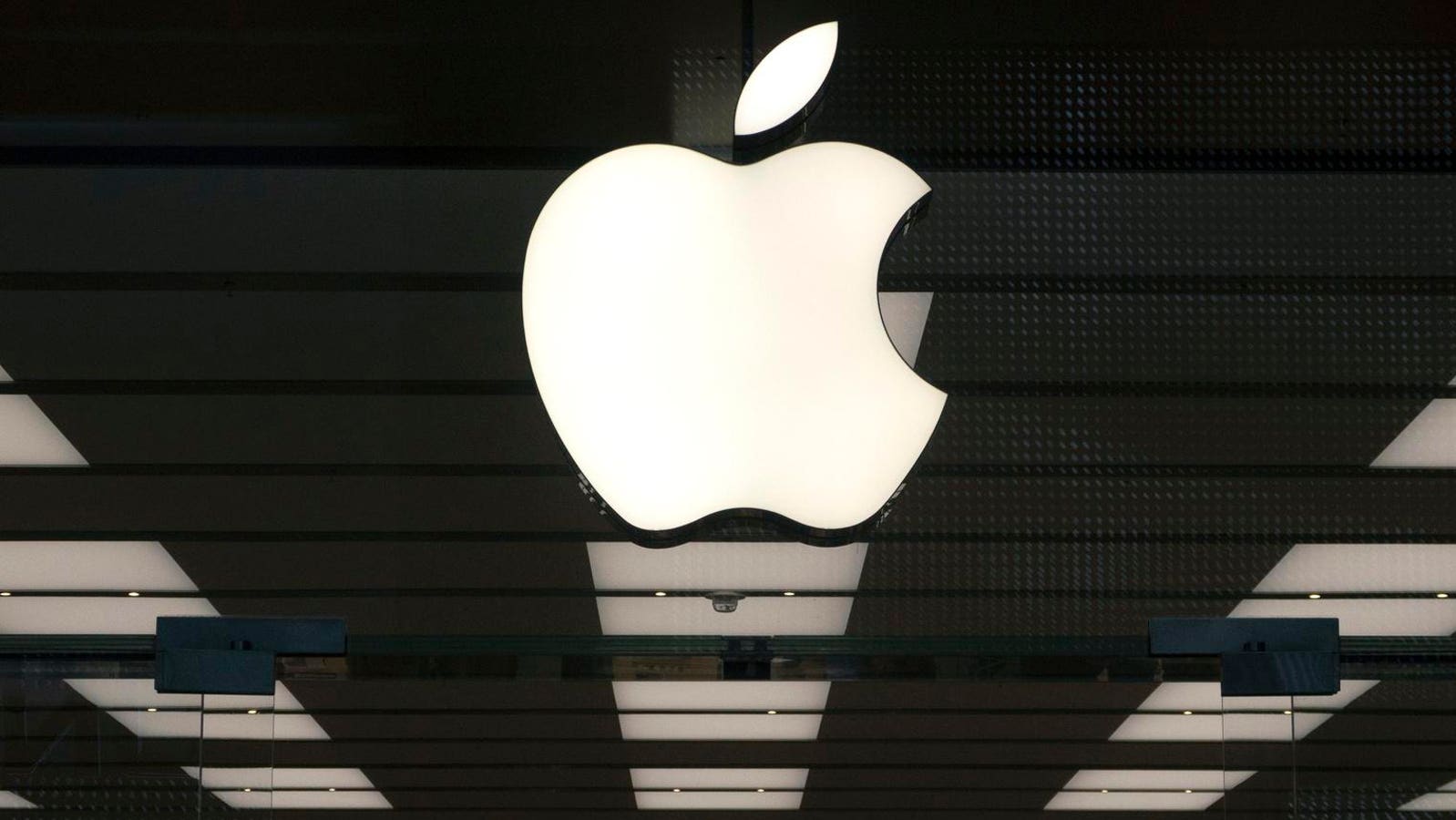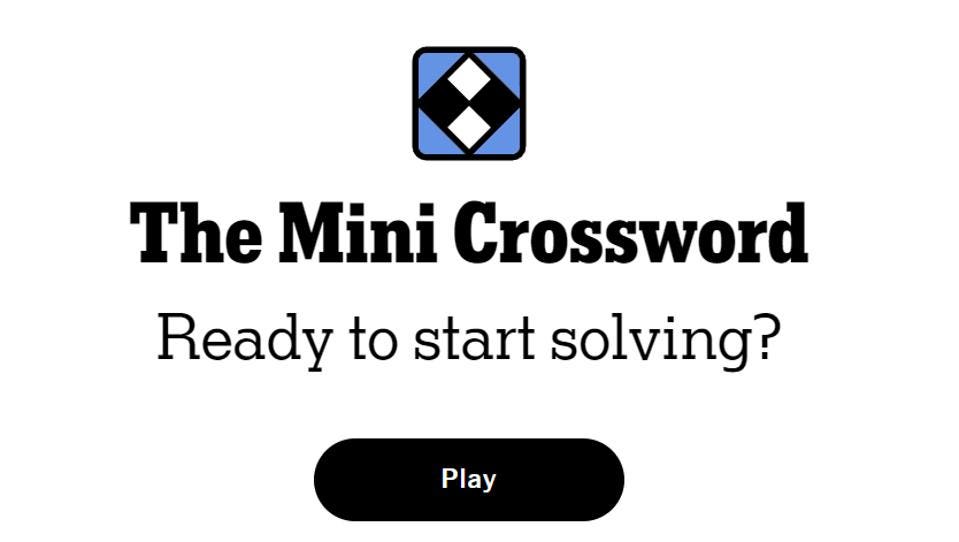Decision time for billions of users.
dpa/picture alliance via Getty Images
Google’s sudden decisions to keep Chrome’s dreaded tracking cookies and unban digital fingerprinting have triggered huge backlashes this year. Now its equally sudden decision to kill any chance of a solution to stop Chrome tracking users will do the same.
If you somehow missed the news, Google’s Privacy Sandbox — introduced to replace tracking cookies with something better — is being phased out. So now we find ourselves with tracking cookies, digital fingerprinting and no real chance of any change.
To be fair to Google, its user base does not seem to care. Chrome’s numbers are surging, with more than 70% market share on both mobile and desktop. Any backlash will come from the privacy lobby, not Chrome’s 3 billion users.
But that browser landscape is about to change. Perplexity’s Comet was driving plenty of coverage, but now OpenAI’s initial launch of its long-awaited Atlas browser is seen as a long-term threat to the established pecking order. In truth it’s a tall order to overturn Chrome, but not all eyeballs are valued the same. And what will matter most is eyeballs in key markets, such as the U.S., where the competitive fight will be most brutal.
Against that backdrop, Google’s decision to reverse years of privacy promises and return us back to where we were in 2019 should be viewed differently.
We don’t yet know how to judge the privacy credentials of ChatGPT and others when it comes to AI browsers. We do know that Gemini in Chrome, Google’s alternative, is a worse invader of user privacy than Chrome alone, but again — does it matter to users?
It should. If you use Chrome, you should be mindful of tracking cookies and the fact you’re being followed around the web. If you’re an Apple user, Safari is better. And on other platforms, you have more privacy-centric alternatives. You should also be mindful that opting into Gemini in Chrome adds even more data harvesting.
Sensitive browsing in Chrome should be done within its Incognito Mode, which isn’t perfect but is much better. Safari isn’t perfect either, but it’s better for normal browsing. Edge is broadly the same — differences are marginal. Firefox stands out as an option.
But history tells us that users are not likely to ditch Chrome — it’s number one for a reason, despite efforts from Apple and Microsoft to make a dent. One of the reasons Privacy Sandbox was ditched was a lack of real interest across the user base.
And in reality, ChatGPT won’t make the market difference OpenAI hopes, given Gemini’s surge on other platforms and its stitch into Chrome. But you do need to be informed and make a decision. AI and especially agentic AI opens a raft of new privacy concerns we can’t yet fully judge. Don’t jump too far and too fast until we can.
The ice is thin — tread carefully.









